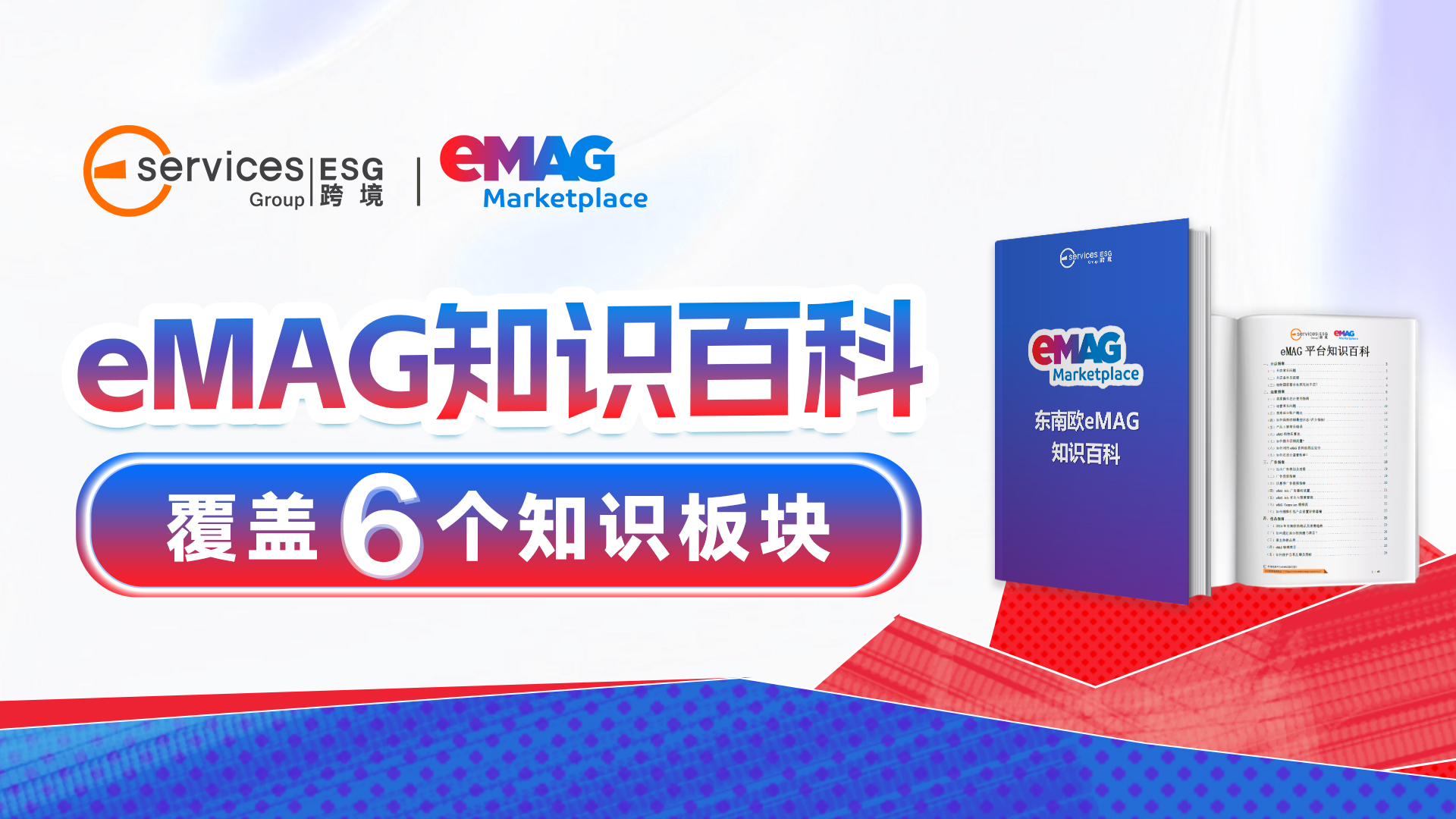亞馬遜商城征稅常見(jiàn)問(wèn)題及解答(中)
從任何一家亞馬遜店鋪發(fā)往已實(shí)施商城服務(wù)商法規(guī)的美國(guó)境內(nèi)的州或管轄區(qū)的貨件均需執(zhí)行商城征稅。
商城征稅常見(jiàn)問(wèn)題
如果我在 Amazon.com 以外的其他亞馬遜店鋪銷售商品,或者我的公司位于美國(guó)境外,是否會(huì)對(duì)我的訂單執(zhí)行商城征稅?
從任何一家發(fā)往已實(shí)施商城服務(wù)商法規(guī)的美國(guó)境內(nèi)的州或管轄區(qū)的貨件均需執(zhí)行商城征稅。
誰(shuí)負(fù)責(zé)針對(duì)美國(guó)非商城服務(wù)商訂單計(jì)算和代繳稅費(fèi)?
對(duì)于配送至所有非商城服務(wù)商所在州、稅收管轄區(qū)和/或未執(zhí)行商城征稅的地方的買家訂單,賣家仍有責(zé)任履行稅務(wù)繳納和申報(bào)義務(wù)。
賣家當(dāng)前的稅務(wù)計(jì)算設(shè)置仍將適用于在稅務(wù)計(jì)算服務(wù)所支持的以及稅務(wù)設(shè)置中指定的非商城征稅州或管轄區(qū)。有關(guān)亞馬遜稅務(wù)計(jì)算服務(wù)的更多信息,請(qǐng)參閱稅務(wù)計(jì)算服務(wù)條款。
我的義務(wù)是否會(huì)發(fā)生變化?
您是否具有申報(bào)義務(wù)將取決于每個(gè)州的法規(guī)。對(duì)于由亞馬遜自動(dòng)計(jì)算、收取和代繳銷售稅的州,您應(yīng)該咨詢您的稅務(wù)顧問(wèn),確定您的個(gè)人或企業(yè)稅務(wù)申報(bào)義務(wù)是否發(fā)生了任何變更。
商城征稅是否是由于美國(guó)最高法院對(duì) wayfair 一案的裁決而制定的?
不是。商城征稅是各個(gè)州立法機(jī)關(guān)頒布商城服務(wù)商法或類似法律的結(jié)果。對(duì)于不由自動(dòng)計(jì)算、收取和代繳銷售稅的州,您應(yīng)該咨詢您的,確定您在該州是否需要履行任何個(gè)人或企業(yè)稅務(wù)義務(wù)。
有關(guān)更多信息,請(qǐng)參閱美國(guó)最高法院對(duì)于 Wayfair 一案裁決的常見(jiàn)問(wèn)題。
亞馬遜如何確定是否對(duì)商品征稅?
對(duì)于發(fā)往已實(shí)施商城征稅管轄區(qū)的訂單,亞馬遜將使用在創(chuàng)建商品信息時(shí)提供或所選的商品分類和商品描述來(lái)確定是否對(duì)商品征稅。亞馬遜不會(huì)使用分配的商品稅務(wù)代碼或稅務(wù)計(jì)算設(shè)置來(lái)做此決定。
我是否需要執(zhí)行任何操作?
通常,當(dāng)開(kāi)始進(jìn)行商城征稅時(shí),您無(wú)需更新稅務(wù)計(jì)算設(shè)置。亞馬遜將負(fù)責(zé)自動(dòng)更新您當(dāng)前的稅務(wù)計(jì)算設(shè)置、訂單詳情和付款報(bào)告。如果賣家仍然需要納稅,您的稅務(wù)設(shè)置將會(huì)體現(xiàn)您所在州的具體選項(xiàng)。
您應(yīng)該咨詢您的或所在州的相關(guān)部門,以確定您的稅務(wù)申報(bào)及任何個(gè)人或企業(yè)納稅義務(wù)是否發(fā)生了變更。
對(duì)于執(zhí)行商城征稅的州,我可否編輯稅務(wù)計(jì)算設(shè)置?
商城服務(wù)商的規(guī)定和/或法規(guī)可能會(huì)包含共同的納稅責(zé)任,這表示賣家和商城服務(wù)商可能要同時(shí)承擔(dān)全部或部分稅費(fèi)(例如: 阿拉斯加州、科羅拉多州和伊利諾伊州)并/或包含一些例外商品,這表示在商城服務(wù)商規(guī)定中排除了或未包含某一商品類型(請(qǐng)參閱下一個(gè)問(wèn)題了解例外信息)。隨著功能和改進(jìn)的推出,將在稅務(wù)設(shè)置中更新在這些特定情況下計(jì)算稅費(fèi)的選項(xiàng)。
哪些商品未在商城征稅范圍內(nèi)?如何了解我的責(zé)任?
如果商城服務(wù)商的規(guī)定和/或法規(guī)限制或禁止商城服務(wù)商計(jì)算、收取和代繳某些稅費(fèi),則會(huì)存在例外情況。
例如,商城服務(wù)商的規(guī)定不適用于阿拉巴馬州的租賃稅或者在紐約州銷售的服務(wù)。針對(duì)這些例外情況,亞馬遜不會(huì)計(jì)算、收取和代繳這些稅費(fèi),賣家仍需履行某些納稅義務(wù)。為了適應(yīng)阿拉巴馬州和紐約州的例外情況,我們對(duì)“稅務(wù)設(shè)置”進(jìn)行了改進(jìn),增加了更多選項(xiàng),以便賣家在出現(xiàn)例外情況時(shí)仍然可以履行其納稅義務(wù)。
在某些情況下,商城服務(wù)商的規(guī)定和由此產(chǎn)生的納稅義務(wù)會(huì)比較復(fù)雜。例如,商城服務(wù)商法不適用于科羅拉多州的自治管轄區(qū)、伊利諾伊州的零售經(jīng)營(yíng)稅 (ROT),也不適用于發(fā)往阿拉斯加州未參與管轄區(qū)的訂單的當(dāng)?shù)劁N售稅和使用稅。雖然亞馬遜可以在科羅拉多州的州管理管轄區(qū)收取稅費(fèi),在伊利諾伊州收取州使用稅,并且在阿拉斯加州的參與管轄區(qū)收取當(dāng)?shù)劁N售稅和使用稅,即使您無(wú)法通過(guò)計(jì)算服務(wù)計(jì)算并向買家收取訂單的稅費(fèi),您可能仍有義務(wù)為配送至這些管轄區(qū)的訂單繳納稅費(fèi)。
在這些情況下,亞馬遜將優(yōu)先改進(jìn)稅務(wù)計(jì)算服務(wù),以支持這些場(chǎng)景。同時(shí),建議您咨詢稅務(wù)專業(yè)人士,確定此次稅改是否會(huì)對(duì)貴公司造成任何影響。
Marketplace Tax Collection FAQ
If I sell in an Amazon store other than Amazon.com or my business resides outside of the US, does Marketplace Tax Collection apply to my orders?
Shipments from any Amazon store into a US state or jurisdiction that has implemented Marketplace Facilitator legislation will be subject to Marketplace Tax Collection.
Who is responsible for calculating and remitting tax on US non-marketplace facilitator orders?
For orders shipped to customers in all non-marketplace facilitator states; or taxing jurisdictions, and/or where Marketplace Tax Collection is not implemented, the seller remains responsible for their tax remittance and reporting obligations.
Sellers’ existing tax calculation settings will still apply for non-Marketplace Tax Collection states or jurisdictions supported by the Tax Calculation Service and identified in your Tax settings. For more information about Amazon's Tax Calculation Services, see Tax Calculation Services Terms.
Will my sales tax obligation change?
Your sales tax reporting obligation will depend on each state’s legislation. You should work with your tax advisor to identify any changes to your personal or corporate tax-reporting obligation in states where Amazon automatically calculates, collects, and remits sales tax.
Is Marketplace Tax Collection due to the U.S. Supreme Court decision in the Wayfair case?
No, Marketplace Tax Collection is a result of individual state legislation enacting Marketplace Facilitator or similar laws. You should work with your tax advisor regarding any personal or corporate tax obligation you may have in states where Amazon does not automatically calculate, collect, and remit sales tax.
For additional information, see the U.S. Supreme Court decision on Wayfair FAQ.
How does Amazon determine item taxability?
For orders destined to a Marketplace Tax Collection jurisdiction, Amazon will determine an item’s taxability using the product category and item description provided or selected while creating the listing. Amazon does not utilize your product tax code assignment or tax calculation settings for this determination.
Do I need to do anything?
Typically, there is no need to update your tax calculation settings when Marketplace Tax Collection begins. Your existing tax calculation settings, order details, and payments reporting will update automatically to reflect Amazon’s responsibility. If any tax responsibility remains with a seller, your tax settings will reflect your state specific options.
You should work with your tax advisor or the state to identify changes to your reporting and any personal or corporate tax obligation.
A marketplace facilitator rules and/or legislation can contain a mixed tax responsibility, meaning both seller and facilitator could be responsible for all or a portion of tax (for example: Alaska, Colorado and Illinois) and/or product exclusions, meaning a specific product type is excluded nor not included in marketplace facilitator rule (see next question for exclusion information). Your options to calculate tax in these specific scenarios will be updated in your Tax Settings as functionality and improvements become available.
What is an exclusion from Marketplace Tax Collection and how do I understand my responsibility?
An exclusion occurs when marketplace facilitator rules and/or legislation limit or prohibit a marketplace facilitator from calculating, collecting, and remitting certain taxes.
For example, marketplace facilitator rules do not apply to rental tax in Alabama or services sold in New York. These exclusions prevent Amazon from calculating, collecting, and remitting these taxes and that specific tax obligation remains with the seller. To accommodate the Alabama and New York exclusions, improvements were made to our Tax Settings by adding additional options for sellers to continue managing their tax obligation when an exclusion applies.
In some scenarios, marketplace facilitator rules and the resulting tax obligation are more complicated. For example, marketplace facilitator laws do not apply to home-rule jurisdictions in Colorado, the retail occupation tax (ROT) in Illinois, or local sales and use tax on orders destined to non-participating jurisdictions in Alaska. While Amazon can collect tax in Colorado’s state-administered jurisdictions, state use tax in Illinois, and local sales and use tax for Alaska’s participating jurisdictions, you may potentially still have an obligation to remit tax for orders shipped to these jurisdictions, even though you cannot calculate and collect the tax from buyers on your orders through Amazon's Tax Calculation Services.
In these situations, Amazon is prioritizing enhancements to our Tax Calculation Services to support these scenarios. In the meantime, we encourage you to work with your tax professional to determine any impact to your business.
點(diǎn)擊咨詢現(xiàn)在有哪些新興平臺(tái)值得關(guān)注 >>>
特別聲明:以上文章內(nèi)容僅代表作者本人觀點(diǎn),不代表ESG跨境電商觀點(diǎn)或立場(chǎng)。如有關(guān)于作品內(nèi)容、版權(quán)或其它問(wèn)題請(qǐng)于作品發(fā)表后的30日內(nèi)與ESG跨境電商聯(lián)系。
二維碼加載中...
使用微信掃一掃登錄
使用賬號(hào)密碼登錄
- 亞馬遜否認(rèn)參與開(kāi)發(fā)Prime動(dòng)感單車 要求對(duì)方停售
- 年終大獻(xiàn)亞馬遜專屬運(yùn)營(yíng)工具包大盤點(diǎn)流量和轉(zhuǎn)化通通拿捏
- 亞馬遜后臺(tái)這項(xiàng)功能,你有沒(méi)有留意過(guò)
- 亞馬遜、速賣通、Lazada、敦煌網(wǎng)測(cè)評(píng)自養(yǎng)號(hào)技巧干貨知識(shí)
- 亞馬遜如何調(diào)整自動(dòng)廣告競(jìng)價(jià)?
- 亞馬遜賣家站外推廣方式有什么呢?
- 提升亞馬遜搜索排名,優(yōu)化要怎么做?
- 亞馬遜賣家開(kāi)店注冊(cè)商標(biāo)還要去申請(qǐng)專利嗎?
- 怎樣讓亞馬遜新品排名靠前?
- 亞馬遜品牌授權(quán)怎么做?
平臺(tái)顧問(wèn)
微信掃一掃
馬上聯(lián)系在線顧問(wèn)
小程序

ESG跨境小程序
手機(jī)入駐更便捷
返回頂部










 市場(chǎng)合作:shichangbu@eservicesgroup.com
市場(chǎng)合作:shichangbu@eservicesgroup.com





